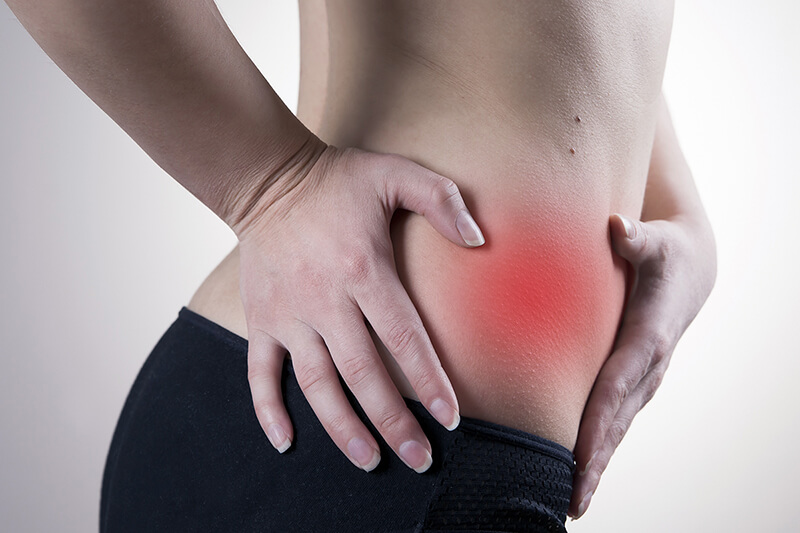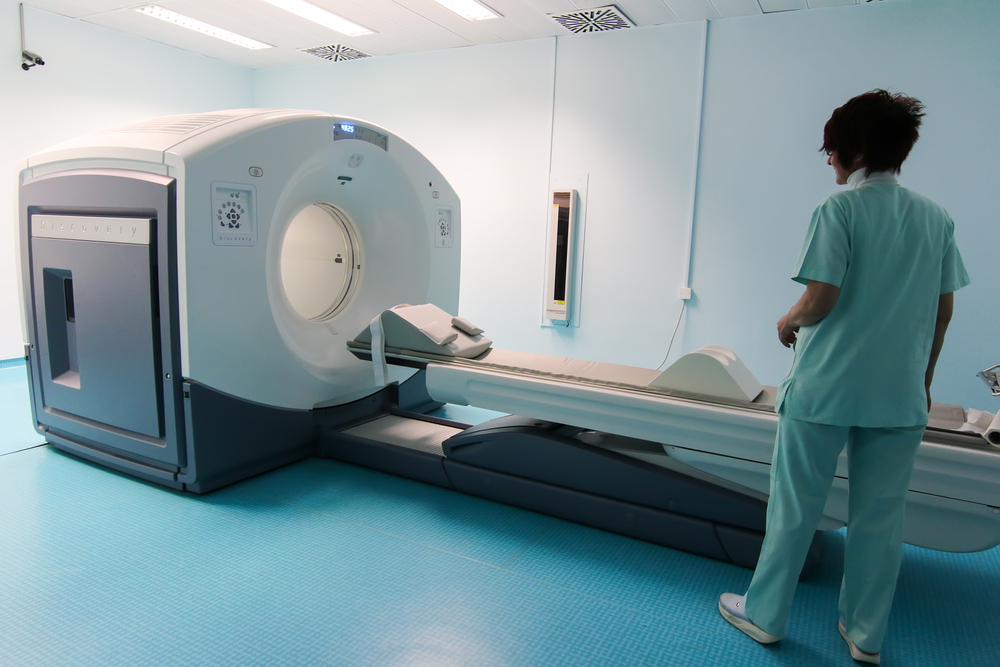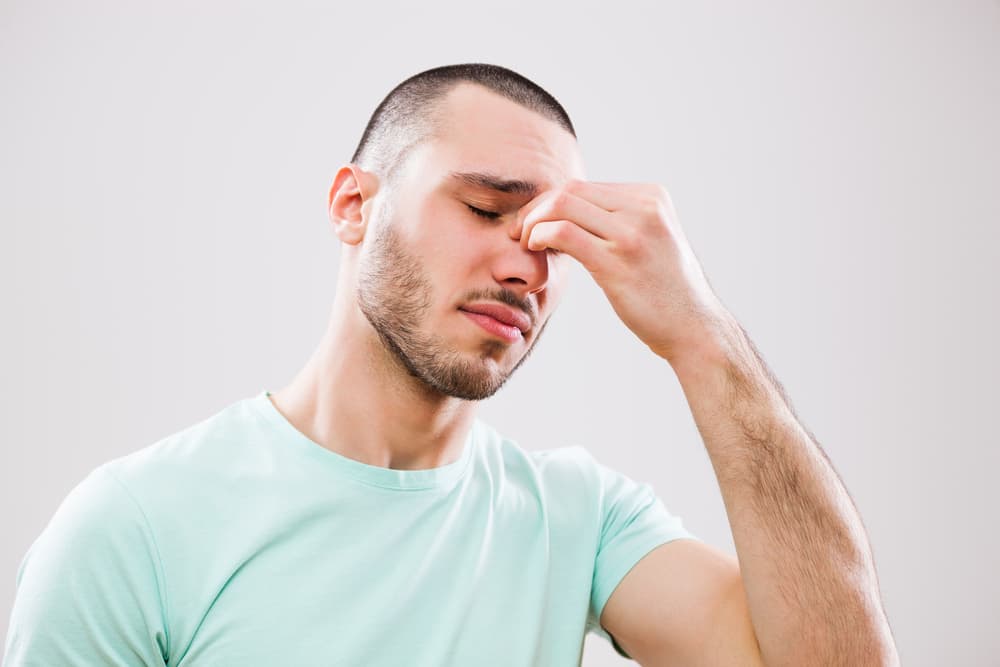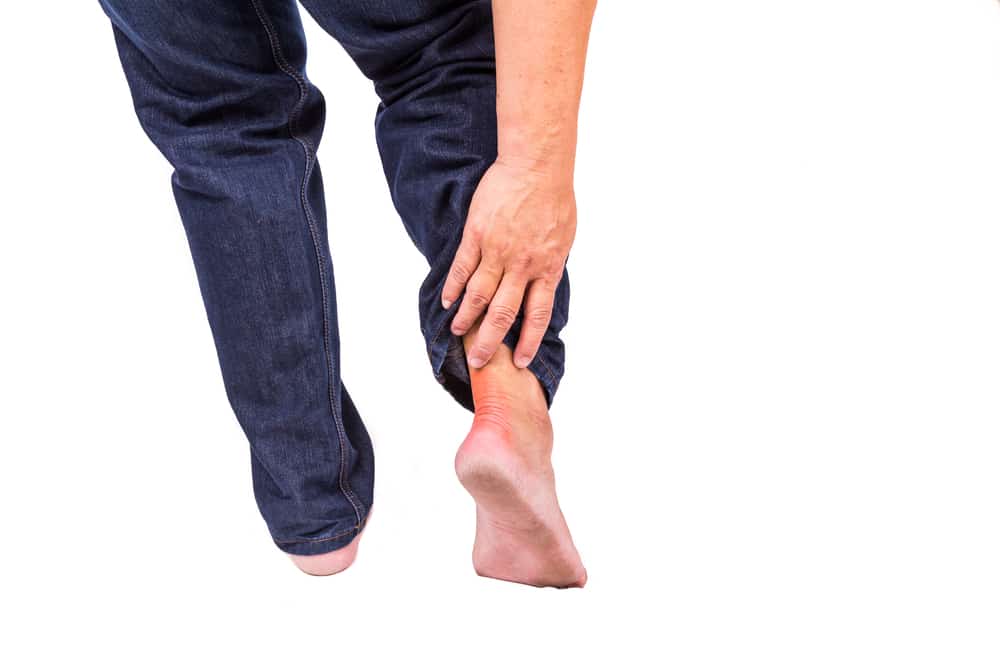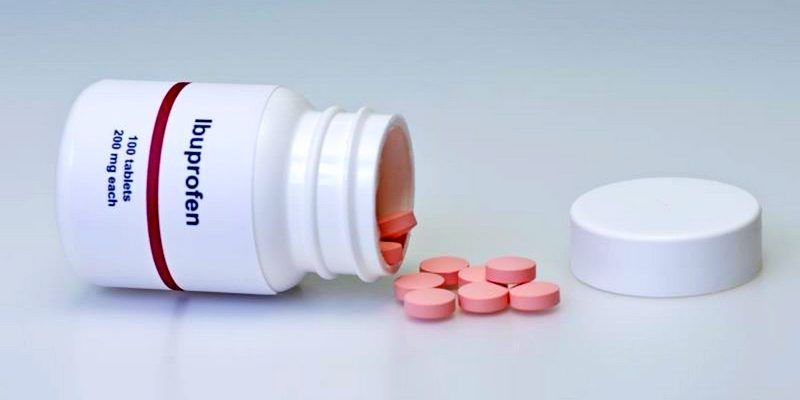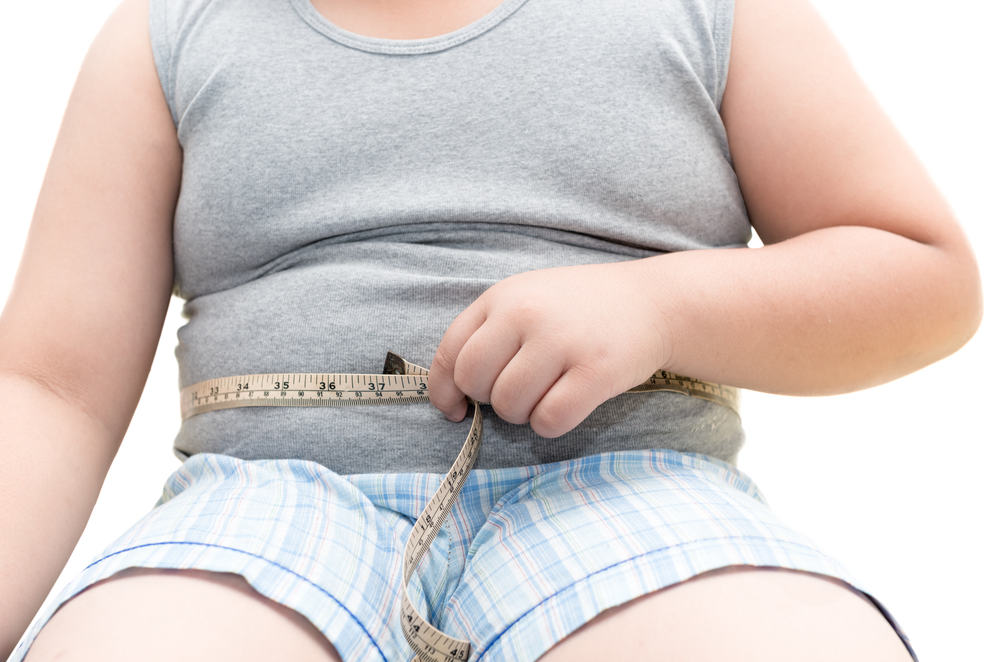Contents:
- Medical Video: Laparoscopic Appendectomy Surgery | Nucleus Health
- Exercise after eating makes appendicitis, myth or fact?
- The risk of appendicitis can increase if you have a family history of appendicitis
- How do you prevent appendicitis?
Medical Video: Laparoscopic Appendectomy Surgery | Nucleus Health
People say, you should not immediately exercise after eating because fear can cause appendicitis. So, what does the medical world say about this talk?
Exercise after eating makes appendicitis, myth or fact?
Regardless of the place, type, intensity, duration, or when to do it, exercise is not the cause of appendicitis. Appendix is inflammation caused by a blockage in the appendix, a small hose-shaped structure that attaches to the initial part of the large intestine. This blockage is usually caused by feces, foreign objects, or even cancer cells. Therefore, obsolete words that say you should not exercise after eating because of the risk of appendicitis you no longer need to believe.
Because the food itself is also not a direct cause of appendicitis. The human digestive system already has a special way to crush the food that enters, namely with digestive enzymes that are acidic. After chewing and smoothing it in the mouth, the food will then be destroyed by the enzyme.
So, technically you can't actually get appendicitis just because you eat something. There must be a lot of food that is not destroyed and piled up or buried in the intestine, then inflammation of the appendix can occur. In other words, just one meal will not immediately cause appendicitis, regardless of when you eat - before or after exercise.
The only reason why you are not advised to immediately exercise after eating is a matter of comfort. Exercising when a full stomach can interfere with digestion and cause stomach pain to cramps in some people. But this is not a symptom or a risk factor for appendicitis.
The risk of appendicitis can increase if you have a family history of appendicitis
Apart from being blocked by faeces or foreign matter, genetic factors apparently also took part in the emergence of acute appendicitis. The risk of appendicitis in children who are at least bound to blood by nuclear family members who have or have had appendicitis increases tenfold compared to children from families free of appendicitis.
The vulnerability of an individual to appendicitis can also be affected by health conditions, such as whether you have a previous intestinal infection or cystic fibrosis, or your low-fiber diet that can make stool harden in the intestine and difficult to remove.
How do you prevent appendicitis?
Although until now the mechanism of the occurrence of a blockage in the appendix is unknown, there are some simple ways you can avoid the risk of inflammation of the appendix, which is by consuming high-fiber foods and drink water.
Adequate fiber and fluid intake will help the digestive system to soften the stool so that you are more immune to constipation which can cause fecal buildup in the intestine. Expand the consumption of fruits and vegetables and gelatin to help facilitate digestion.

